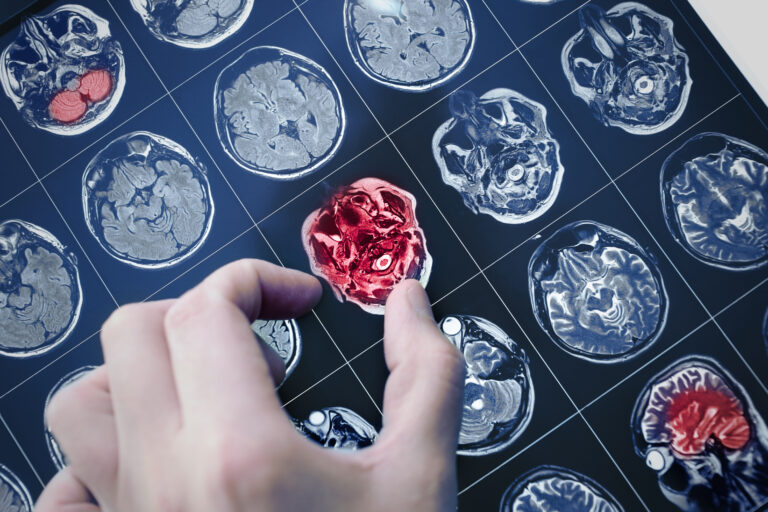The debate about whether red wine is good or bad for Alzheimer’s disease has been ongoing for years. While some studies suggest that moderate consumption of red wine might have health benefits, others indicate that any amount of alcohol could potentially increase the risk of dementia, including Alzheimer’s disease.
First, let’s consider the potential benefits of red wine. Red wine contains antioxidants like resveratrol, which some research suggests may have neuroprotective effects. However, these benefits are often observed in animal studies or in vitro experiments, and it’s unclear how well they translate to humans. Additionally, the amount of resveratrol in a typical glass of red wine is relatively small, so it’s questionable whether it provides significant health benefits.
On the other hand, recent studies have raised concerns about the impact of alcohol on brain health. Alcohol is known to be neurotoxic, meaning it can damage neurons and disrupt neurotransmitter systems. Chronic alcohol use can lead to cognitive deficits and accelerate vascular injury, which are factors associated with neurodegenerative diseases like Alzheimer’s [1]. Furthermore, alcohol consumption has been linked to systemic inflammation and oxidative stress, both of which are implicated in neurodegeneration [1].
A comprehensive study found that any level of alcohol consumption may increase the risk of dementia, challenging previous observational research that suggested light-to-moderate drinking might be protective [3]. This study used genetic analyses to explore the relationship between alcohol and dementia risk, suggesting a likely causal link between alcohol consumption and increased dementia risk at all levels of intake [1].
It’s also important to consider dietary interventions that have been shown to have neuroprotective effects. The Mediterranean and MIND diets, for example, have been found to support brain health and potentially reduce the risk of cognitive decline [2]. These diets emphasize whole grains, fruits, vegetables, and healthy fats, which are thought to contribute to their neuroprotective benefits.
In terms of individual risk, genetics play a significant role. While research does not definitively prove that occasional wine consumption will cause dementia, individual factors such as genetic predisposition can influence how alcohol affects brain health [4]. Therefore, it’s crucial for individuals to consider their personal health history and genetic factors when deciding whether to consume alcohol.
Ultimately, while red wine may contain some beneficial compounds, the potential risks associated with alcohol consumption, particularly regarding brain health, cannot be ignored. As with many health-related decisions, it’s important to consult with healthcare professionals to understand the best choices for your specific situation.
References:
[1] https://www.medicalnewstoday.com/articles/even-small-amounts-alcohol-may-increase-dementia-risk-study
[2] https://www.nature.com/articles/s41598-025-17055-5
[3] https://www.ox.ac.uk/news/2025-09-24-any-level-alcohol-consumption-increases-risk-dementia
[4] https://scienceblog.com/your-daily-glass-of-wine-might-be-harming-your-brain-more-than-you-think/





